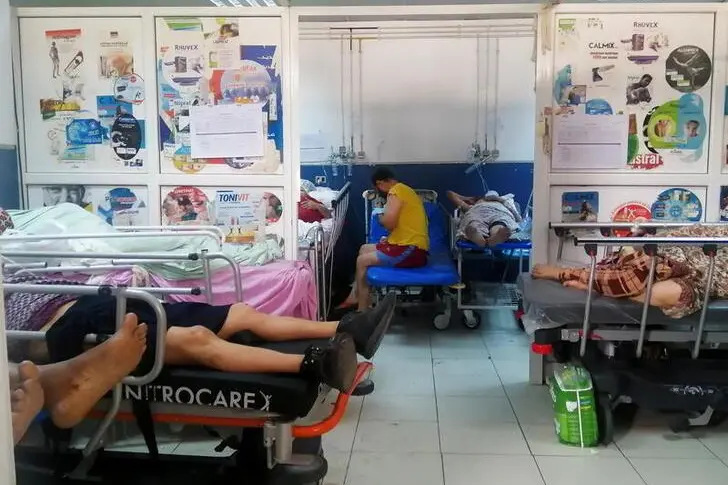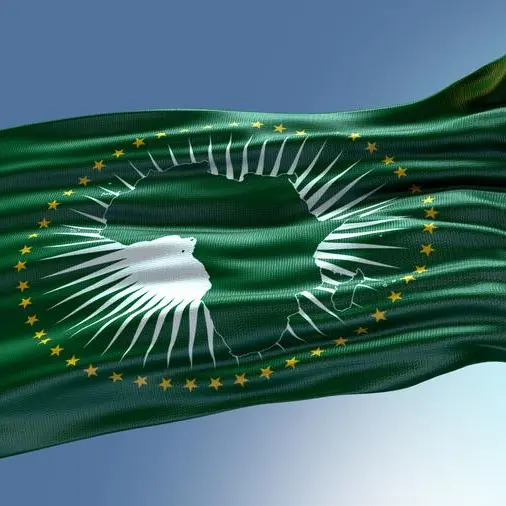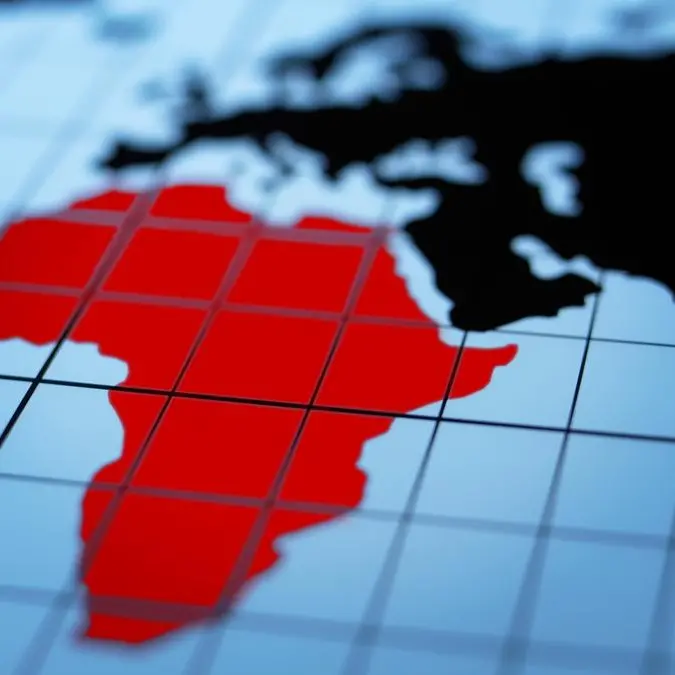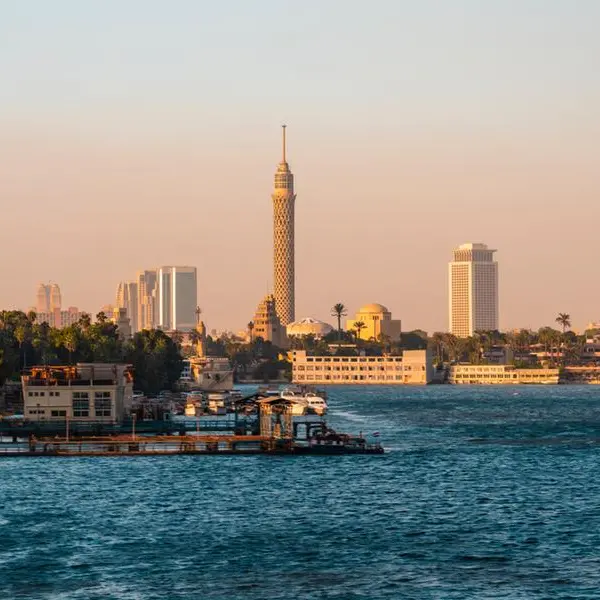PHOTO
In the tumultuous decade following the so-called Arab Spring, one of the few glimmers of hope was Tunisia’s fledgling democracy, in which the aspirations of the many had supplanted the decrepit kleptocracy of the few. The developmental challenges that picked apart the “ancien regime” have, however, proved overwhelming for successive governments and protests this year have captured public disaffection with the political process, police strong-arming and an economy ravaged by the pandemic.
The incredibly mixed bag of coronavirus disease (COVID-19) experiences in the Maghreb region varied even further last week, as Tunisia’s Health Ministry described the situation as “catastrophic.” New variants continue to illustrate the interplay between politics and the economy while contending with a virus that has proven to be incredibly persistent.
More than a year since the countries of the Maghreb declared states of emergency in response to the first outbreak, the sustained crisis has left their vulnerable economies exposed to further shocks. In comparison to the low-income world average of only 1 percent of people having had a vaccination, the North African countries are doing well, but disparities between them and the ability of small spikes to overwhelm already-inundated health systems make the crisis particularly acute. In Morocco, some 20 million vaccine doses have been administered, but in wealthy Algeria the figure is only about 2.5 million and in Tunisia it is 2.2 million. Given the similar patterns of trade and travel these countries have, it is mostly political issues that have led to their different responses to the pandemic.
So concerning is the situation in Tunisia that the government this month declared the “collapse” of its healthcare system. The current weekly average of deaths per day of more than 150 is a grim record high for the small Mediterranean country and is worrying testimony to the infectiousness of the Delta variant, given that large swaths of the country have been in complete lockdown since June 20. In light of the calamitous situation, Tunisian President Kais Saied has called on the international community for aid, with Saudi Arabia and France responding with 1 million vaccine doses, the US with a further 500,000, and Morocco providing much-needed ventilators and intensive care beds. It is hoped that the aid arrives in time to make a difference on the ground, but the World Health Organization (WHO) believes that what is taking place in
Tunisia is the shape of things to come in the region.
The Eid Al-Adha holiday poses a problem for regional governments, given that it is traditionally a time for families to visit each other. Though the Hajj pilgrimage at the center of the festivities has been limited to 60,000 fully vaccinated worshippers, the potential for a huge spike in cases in the region is considerable.
In warning last week that the pandemic “isn’t over,” the WHO expressed concern that the spread of the Delta variant, coupled with low vaccine availability, could see a significant increase in infections in Libya, Iran, Iraq, Lebanon and even Morocco, where the vaccination program has been an oasis of success in an otherwise concerning region.
The sustained public health crisis and the need for many to return to work have led to increasing complacency in regard to sanitary regulations and social distancing measures, which has had a profound impact on the infection rate. The WHO has underlined that Tunisia, with the highest COVID-19 mortality rate per capita both in the region and in Africa, has suffered as a direct consequence of this. The scenes of bodies of COVID-19 victims left lying in rooms next to other patients for up to 24 hours as result of an overstretched healthcare system has focused minds in a region that seems to be on the brink of a public health disaster.
For Tunisia, where only 6 percent of the population has received two vaccine doses, a spike was inevitable. Though epidemiologists had initially assumed that the summer months would see a respite in infections and deaths, all markers point to the new strain’s particular virulence.
Given the seriousness of the virus, however, more pressing for North African countries are the economic impacts of drawn-out lockdowns and the sustained ability of the state to impose measures given public fatigue. Morocco’s Ministry of Islamic Affairs has banned Eid prayers in an effort to avoid a spike.
As crisis-hit Tunisia finds itself once again relying on the aid of its neighbors, Yasmina Abouzzohour, a fellow at the Brookings Doha Center, points out that “donations will promote the diplomatic goals of Abu Dhabi, Ankara, Algiers and Riyadh.” Amid a fourth wave of infections, it is clear that Tunisia’s experience should act as a warning to states beginning to waver from the strict measures they had adopted, while also showing that vaccine diplomacy and medical aid are being used by regional states to advance their longer-term foreign policy goals.
- Zaid M. Belbagi is a political commentator, and an adviser to private clients between London and the Gulf Cooperation Council (GCC). Twitter: @Moulay_Zaid
Copyright: Arab News © 2021 All rights reserved. Provided by SyndiGate Media Inc. (Syndigate.info).





















